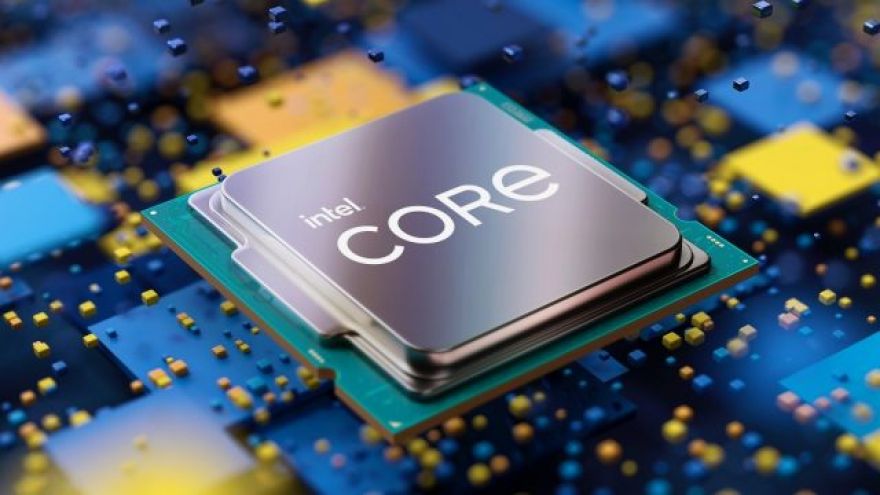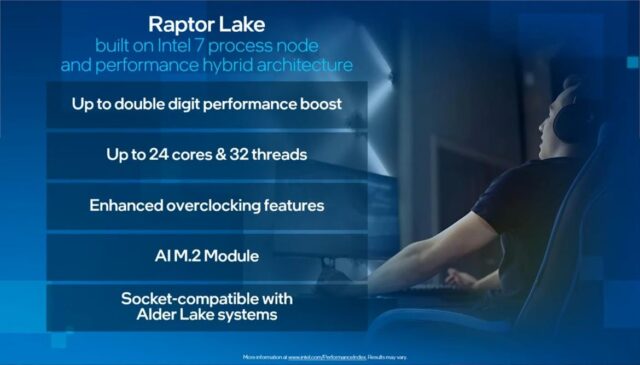
Raptor Lake to Offer ‘Extreme Performance Mode’ on Some 700-Series Mobos
Previous leaks have tipped an “unlimited power” mode for Raptor Lake. This mode lets the CPU consume enough power to run a small village. However, it was assumed that was a manual unlock, so it could work on any motherboard. New reporting indicates instead it’s actually a new feature that will only be available only on 700-series motherboards. This could convince some overclockers to pony up for a new mobo, instead of buying an older 600-series. Raptor Lake will work on both 600-and-700 series motherboards, so this could be an incentive for power users to upgrade.
Reports of this new feature are via a Hungarian tech site, via .

Although you could unleash Alder Lake CPUs as well, power consumption never went this high. Plus, reviews found limited gains at higher TDPs. Apparently, with Raptor Lake, the situation will be different. Intel has tuned the CPU to allow more headroom for overclocking and power consumption. Reports have suggested it will gain about 15 percent in multi-core performance at 350W. However, that extra boost comes at a hefty price of 40 percent more power, with a lot more heat. We doubt overclockers care too much about electric bills, but heat is a concern that needs to be managed. Not everyone will be willing to deploy a custom loop to keep the CPU chilly. The word chilly should be in air quotes, too, because at that TDP you’re hoping to keep it under 90-100C usually.
The Core i9-13900K will still feature traditional PL1 and PL2 TDPs of 125W and 253W ratings in order to work on older 600-series motherboards. However, some premium Z790 boards will offer the “extreme performance” mode in the BIOS. So far, Intel has been quiet on official Z790 specs, but a highlighted its features. We know it will support both DDR4 and DDR5 memory, and it will allegedly get a from DDR5 too. It’s also been reported the Core i9-13900K will offer a maximum .
Overall, we are all for this new “feature.” It should be an option to let people go crazy with their electric bills if they want to. Besides, it won’t even be feasible for most people due to cooling constraints. However, if you’ve got the time and money to invest in an exotic cooler, have at it. Whether it will result in the aforementioned 15 percent gains remains to be seen. If it materializes, we can see people with serious workloads leaning into this. Intel also seems poised to compete heavily with AMD in the overclocking realm this time around, and AMD has its Zen 4 CPUs running at 5.5GHz. It looks like the overclocking wars of yesteryear might be back on come October, when Raptor Lake is rumored to launch. AMD is at the end of August.
Now Read: